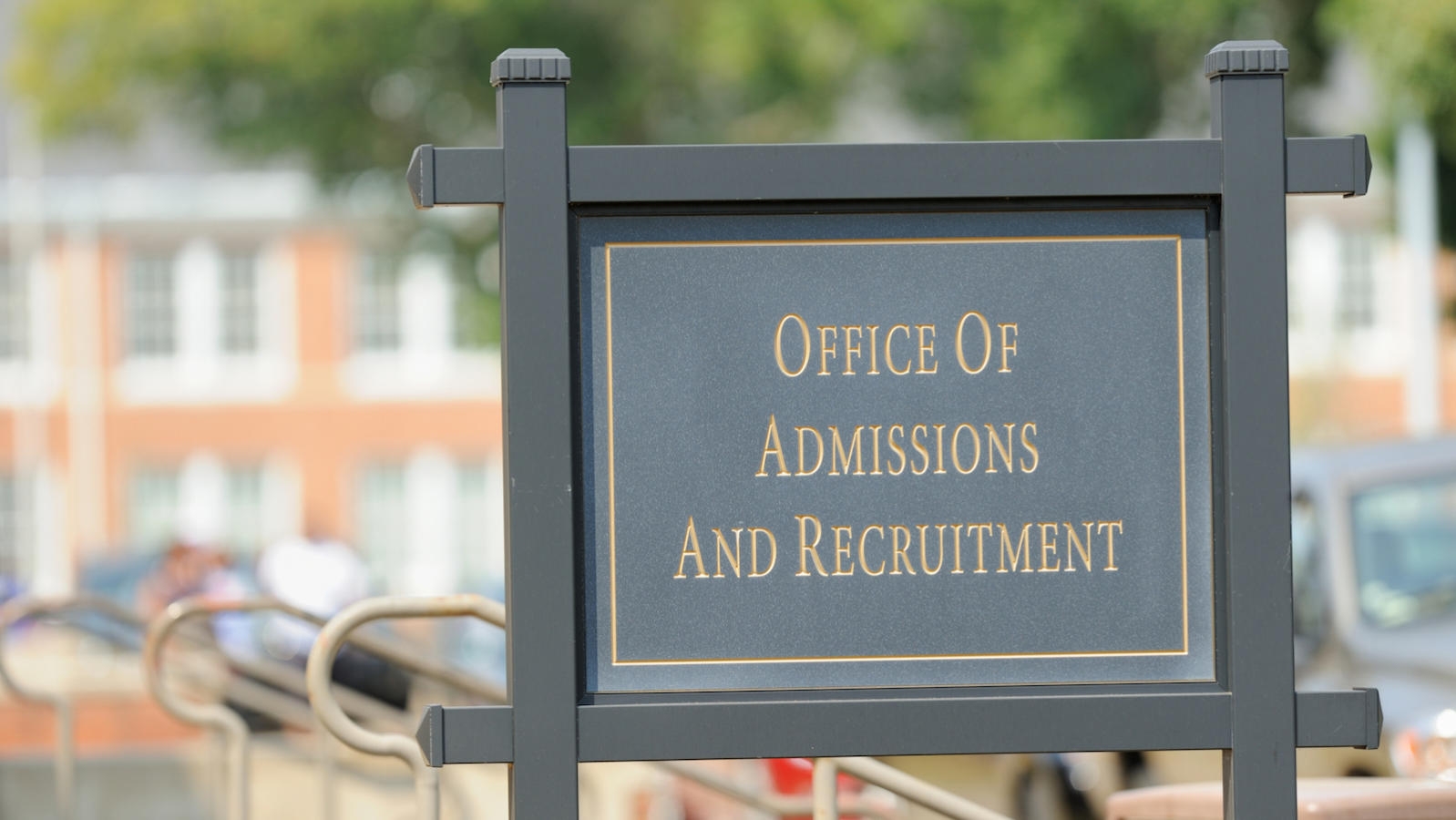Commentary on Parashat Noach, Genesis 6:9-11:32
Instructions: Read the following case study and discuss the various sides to the issue, then read the full Midrash below and answer the questions following the Midrash:
Larry comes from a poor minority neighborhood, and spent the better part of his adolescence trying to avoid becoming a victim of the drugs and crime that infest his community. He came from a largely dysfunctional family, and had very few worthwhile role models. Barely surviving the ridicule of his friends and family, and balancing a part-time job along with his schoolwork, he managed to pull off mostly A’s and B’s throughout high school. He earned an 1100 on his SATs.
If the Ivy League university to which he applies has an average SAT score of over 1300, and is frequented by scholastic over-achievers, should Larry be accepted at the expense of a student with better grades and SAT scores but who comes from a more affluent, stable environment?
Genesis 9:1
These are the Generations of Noah: Noah was a righteous man in his generation: Noah walked with God.
Midrash Rabbah, Genesis 30:9
In his generation: There was a disagreement between Rabbi Yehudah and Rabbi Nechemiah.
Rabbi Yehudah said: In his generation he was considered a righteous man, but if he would have lived in the generation of Moses or in the generation of Samuel then he wouldn’t have been considered a righteous man.
With your help, My Jewish Learning can provide endless opportunities for learning, connection and discovery.
In the market where the blind cry out, the one-eyed man is called clear-sighted.
There is a story of an individual who opened up one barrel of wine and found it had turned into vinegar. The same thing with the second barrel. The third barrel he found to be only sour (and so he took it). The others said to him, “That barrel is sour!” He answered back, “Is there any better?”
Rabbi Nehemiah said: If he was considered a righteous man within his own generation, then surely he would have been considered a righteous man had he lived in the generation of Moses and Samuel.
This could be compared to a tightly closed flask of expensive perfume placed within a graveyard that still produced a pleasant smell. If it was outside the graveyard it would produce a smell that much better!
This could also be compared to a virgin that frequented a marketplace of prostitutes, and she didn’t receive a bad name. How much more so if she was among better company!
Your Midrash Navigator
1. What ambiguity of the verse in Genesis is the Midrash coming to explain?
2. How does each Rabbi interpret the verse differently?
3. According to each Rabbi’s interpretation how do we look at the individual in relation to the environment that he/she comes from? Do we judge people based totally on their own merits in isolation or do we take into account the environment that one comes from?
4. What do the metaphors used to describe the position of each Rabbi tell us about their outlook? What do they tell us about how each one views Noah in relation to his generation?
5. If you were Rabbi Yehudah, and the dean of admissions at the university that Larry is applying to, then would you accept him? What if you were Rabbi Nehemiah? Why? Would it make a difference if you were a Democrat or a Republican?
A Word
Often affirmative action is framed as redress for wrongs done to minorities in the past. The lack of fairness and discrimination in the workplace demand that favor be shown to minorities for university admissions.
The rabbis frame it differently, at least Rabbi Nehemiah does. He would say that if a person could make it to school each day and slug out a “B” average even though he came to school hungry, if he passed an abandoned home being used as a “crack house” each day on his way to school, then he deserves a place at the table of the finest institutions in America on merit! How many of those sitting at our august institutions would have fared that well under those circumstances? That is the question and that is how our talmudists would have framed the discussion.
Reprinted with permission from Hillel’s Joseph Meyerhoff Center for Jewish Learning, which creates educational resources for Jewish organizations on college campuses.
Midrash
Pronounced: MIDD-rash, Origin: Hebrew, the process of interpretation by which the rabbis filled in “gaps” found in the Torah.



